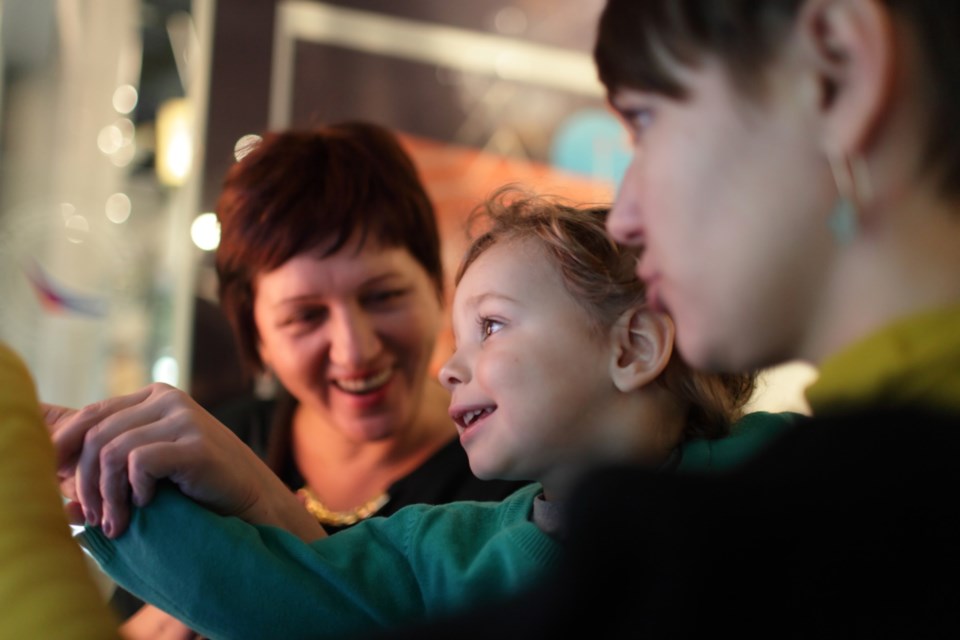For the past four years, Blue Door and the Canadian Alliance to End Homelessness have been collaborating on the On The Way Home podcast, hosted by yours truly. We’ve produced more than 200 episodes and interviewed hundreds of guests from all walks of life, including people with lived experience of homelessness and houselessness, policy experts, doctors, researchers, housing and health advocates, and housing lawyers, to people who have taken on the cause by starting their own not-for-profits. We have discussed it all.
While each episode is unique in its own way, they all begin with the same question, “What does home mean to you?”
It may surprise you that out of the hundreds of guests with years of experience between them, none have mentioned the physical structure of a home in their answer. That’s because while home means so many different things to different people, it’s never about four walls and a roof.
For many of us, home is a place where we feel safe, a place where we can let down our guard and truly relax. Once we shut that door, we are in the only space in the world, we can call our own.
For others, home is family. A place to connect with loved ones, and the ones that make us feel whole again. Home is also a place for people to rest, relax, and take care of their mental and physical health.
For many of our community’s vulnerable, this is not the case.
You may have heard the phrase, “Housing is health,” which refers to the fact that without a safe place to call home, it is extremely hard to maintain good health.
People experiencing homelessness use hospital emergency rooms as their primary health care, which can be traumatizing as well as quite costly. Many people do not have access to a family doctor or health care due to transient housing or lack of identification.
The average life expectancy of someone experiencing homelessness is 47, approximately 33 years less than someone who is housed.
For many Indigenous peoples, homelessness is defined and understood through a combination of Indigenous world views, including individuals, families and communities isolated from their relationships to land, water, place, family, kin, each other, animals, cultures, languages and identities.
Importantly, through this understanding of homelessness, many Indigenous people experiencing homelessness cannot culturally, spiritually, emotionally or physically reconnect with their Indigeneity or lost relationships.
With all of this in mind, I ask you to really think about, “What does home mean to you?”
Does it mean family, safety, health or reconnecting with nature, Indigeneity, or lost relationships?
Chances are you can connect with one or more.
This holiday season as we all head home for celebrations, let's take the time to think of the thousands of Canadians and others across the world without a safe home, and pledge to make 2024 the year where everyone has a place to call home.
Happy holidays from your friends at Blue Door!



